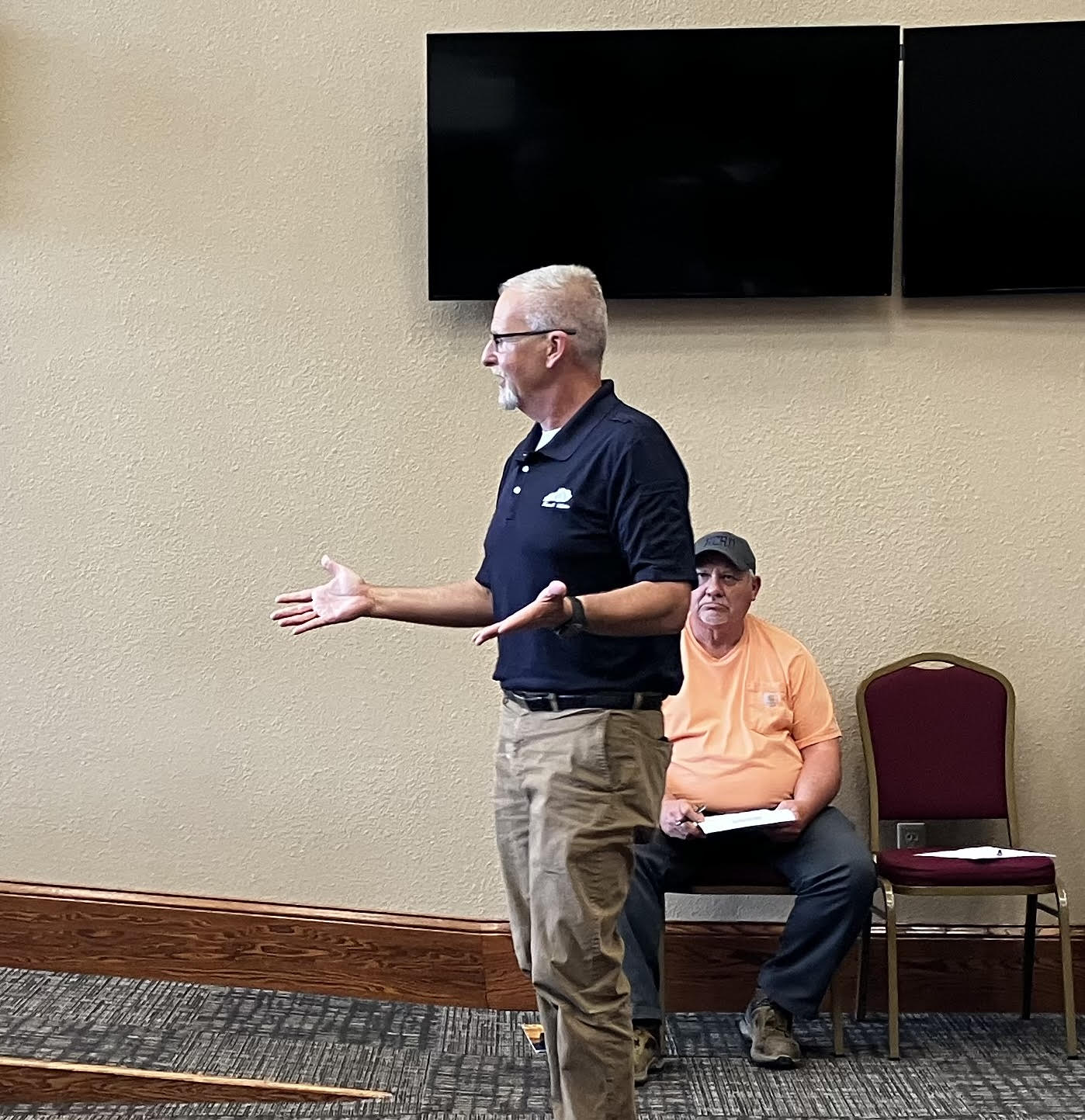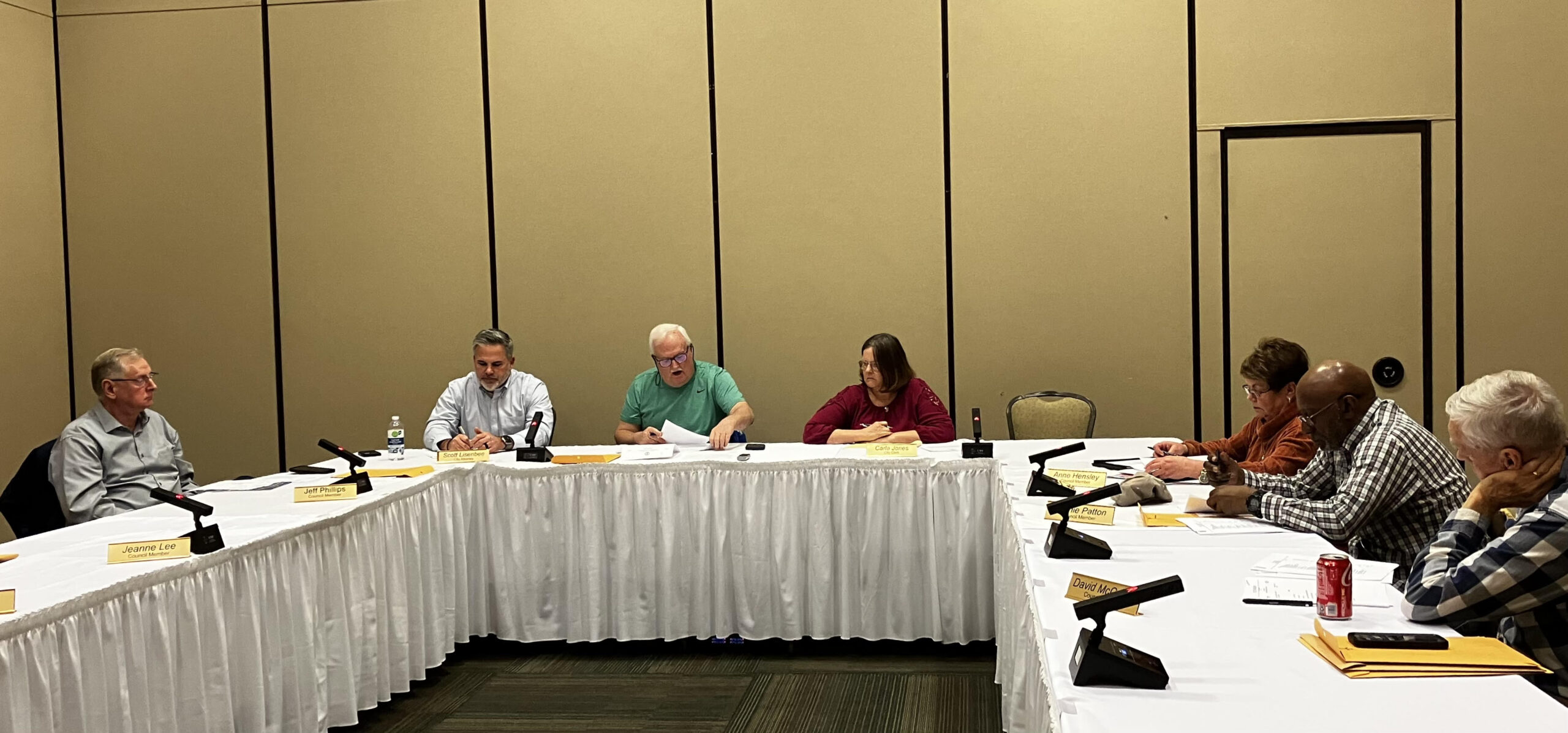MACED: One way local governments can prepare for tax revenue declines
Published 2:00 pm Tuesday, June 9, 2020

- Carrie Ray
|
Getting your Trinity Audio player ready...
|
By Carrie Ray
MACED
Local governments across Eastern Kentucky have been facing budget shortfalls since 2012 as coal severance taxes have fallen. But now, they are preparing for more big budget impacts as occupational tax revenues continue to fall because of the COVID-19 crisis. There is one way they could potentially save money right now without spending a dime: Get an energy bill analysis with the help of the Mountain Association for Community Economic Development (MACED).
MACED’s energy program has been working with local governments for years on energy efficiency and solar projects to help them upgrade their lighting, improve their HVAC, and install solar panels. We have also offered energy bill analyses free of charge to help correct errors that save local governments money.
The Elliott County Senior Citizens Center is saving $1,100 a year through a rate-class change and canceling the sales tax that was being erroneously assessed. The Letcher County Public Library received a $2,280 refund of overpaid sales tax. And the Lee County Courthouse is saving more than $20,000 a year after correcting how they were being charged for part of their Kentucky Utilities electric service. Over the last few months, MACED has worked with Elliott County Judge-Executive Myron Lewis on energy efficiency audits and solar assessments on six county buildings. We’ve also helped with an audit and solar assessment on the Owsley County Recreation Center.
We stand ready to help any other local government – in this moment, or otherwise – that would like to know how they can save on their energy bills. Even though the COVID-19 pandemic prevents us from doing on-site energy audits right now, we can still complete billing analyses to check for errors and do desktop solar assessments – for free.
Even if no billing errors are found, a billing analysis shows how buildings are using electricity and can point to simple changes that can be made to reduce usage, or even uncover larger issues. For example, an analysis of a non-profit in Barbourville revealed that they were paying to run an expensive electric furnace that they didn’t need. It will also let local governments see exactly what taxpayer dollars are paying for when they pay their electric bills.
These analyses will help local governments and municipalities pinch pennies during this crisis, and hopefully alleviate some of the burden of making ends meet right now. What’s more, lowering bills by correcting erroneous charges will continue to save money well after this crisis is behind us. And any extra money when so much tax revenue has already been lost, means more can be used for other necessary functions of local government, like proving EMS services and keeping infrastructure up-to-date.
We know local officials want to do everything they can to keep their communities functioning and provide critical services to their citizens during this crisis, and keep providing those services long after we get to the other side of it. We want to help by providing our expertise about how to lower energy bills to any Appalachian Kentucky government. Get started by filling out an application at our website, or by contacting our Energy Program Coordinator, Carrie Ray, at carrie@maced.org or (859) 986-2373.
Carrie Ray is the Energy Program Coordinator at the Mountain Association for Community Economic Development (MACED) offices in Berea, Hazard and Paintsville.





